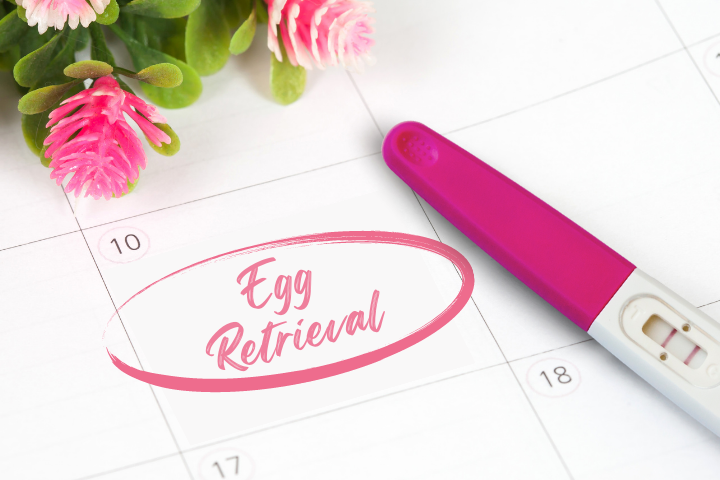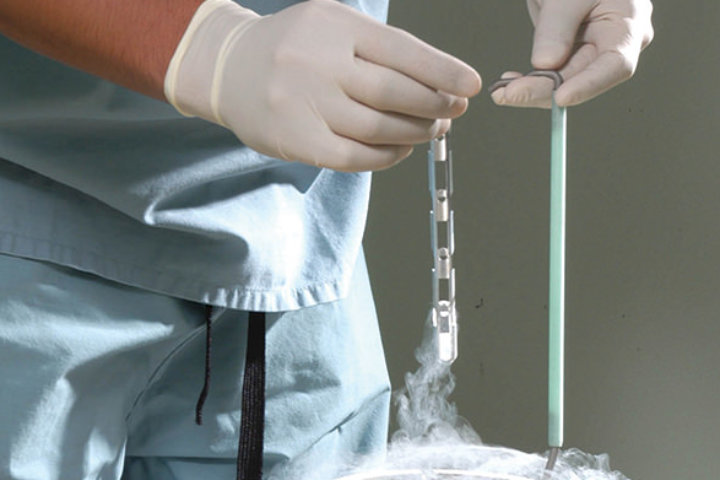I don’t regret egg freezing. In fact, I recommend it. In my case, I relied on donor sperm, and today I am, at age 38, the proud mother of healthy twins!
My story is not unique: past relationships didn’t last, I got my master’s degree and focused on building a career. I wasn’t sure I wanted a relationship, but I did want to have a child eventually.
Two years into my career and in my late 20s, I learned from my OBGYN and that the optimal window for fertility, my peak, was narrowing. A family history of early menopause was part of my problem, but I learned that fertility peaks somewhere in the 20s for most women.
It dawned on me that since I wasn’t ready to have a child, I’d better look into freezing my eggs.
Why more women are freezing their eggs
Women I have met had varying reasons for freezing their eggs:
- Wanting to study abroad for a few years and travel
- Undergoing chemotherapy that made pregnancy dangerous or impossible
- To preserve younger eggs with the hope of avoiding chromosomal issues in future pregnancies
- Desire to find the right partner before having children
What the process involves
Egg freezing is a three-step process that takes approximately two weeks to complete.
The steps include:
- Ovarian stimulation
- Egg retrieval
- Egg freezing
Ovarian stimulation uses medications to stimulate the ovaries to provide many eggs, instead of just one. The more eggs you can freeze, the better your chances of becoming pregnant later.
Medications may include:
- Follistim or Gonal-F
- Menopur
- Cetrotide or Antagon
During treatment, a doctor monitored me, paying close attention to my hormone levels through blood work and my response to the medications. An ultrasound measured my follicles throughout the treatment for optimal retrieval timing, after 10 to 14 days.
A final injection is administered thirty-five hours prior to the egg retrieval. This helps to mature the eggs. Then came the actual egg retrieval, which is a 15 minute procedure performed under gentle sedation using a transvaginal sonogram probe.
After the egg retrieval, I experienced mild cramping and fullness in my abdomen, but that went away over the following week.
The final step is the actual egg freezing, which happens in the laboratory. The eggs are prepared for the freezing process and then frozen using “vitrification”- a technique that has greatly improved survival rates for eggs after freezing and thawing. Then, they were stored in well-monitored tanks filled with liquid nitrogen at minus 196 degrees Celsius.
Egg freezing kept my options open while I lived my life and planned for the future. I reached my goals, and then in my late 30s, I still was able to have my family. I have no regrets!
Get in touch with GENESIS
If you are considering egg freezing, get in touch with the experts at GENESIS today. If you are undergoing treatments for cancer, we are here for you. We offer the Oncofertility Program for cancer patients just like you.
Original post May 15, 2019
Updated June 7, 2023
If you would like to learn more about GENESIS Fertility New York or are ready to schedule an appointment, please speak with one of our representatives at 929-605-5467.






